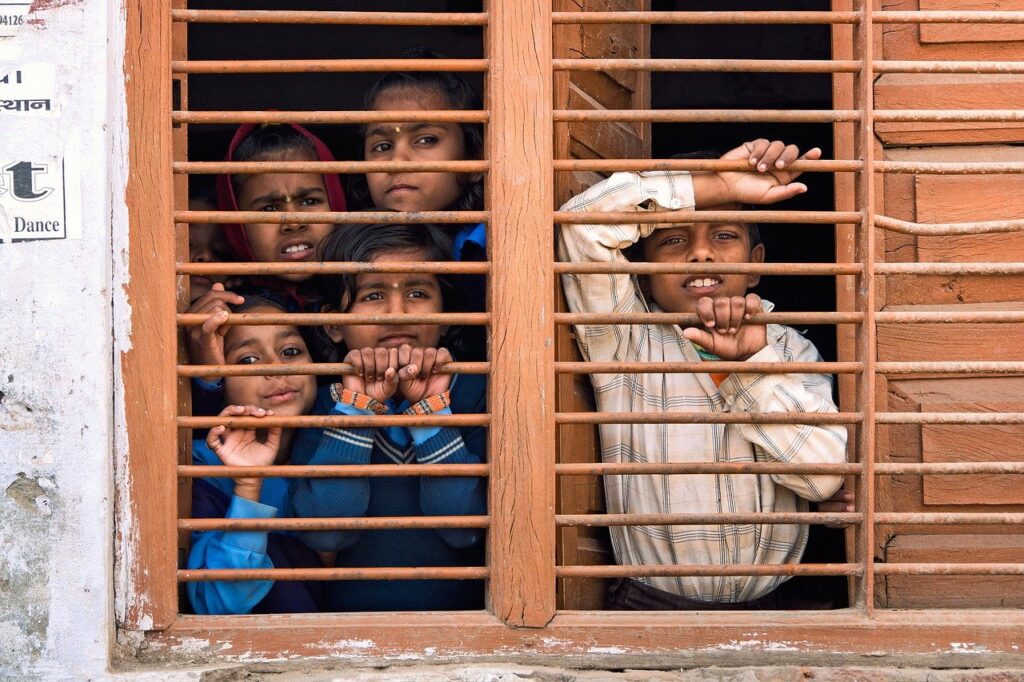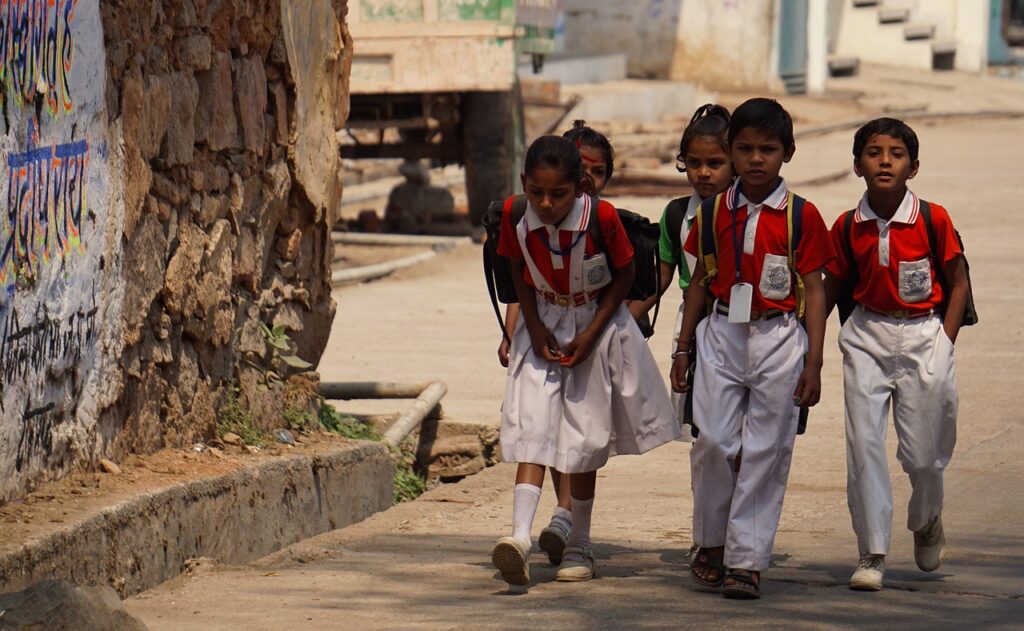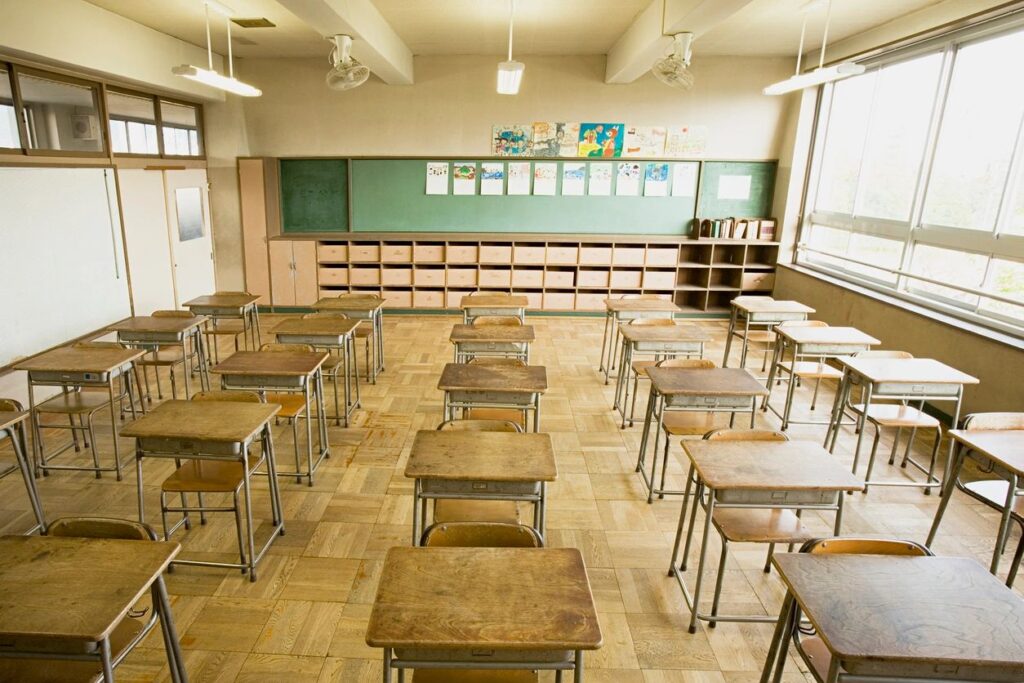COVID-19 has significantly upended the traditional learning process and has impacted students and teachers at all levels. In order to recover lost gains in education, India will have to pursue greater flexibility in its education system and be more open to newer and less traditional solutions.
Posts published in “Education”
India is soon set to have the world’s largest working-age population. But the answer to whether our youth forms ‘dividend’ or ‘disaster’ lies in education. Featured here are policy solutions for an enlightened new generation with quality education for all.
Currently, for-profit corporations are disallowed from running schools and universities in India. This was done in order to ensure that education isn’t for maximising profit but for advancing societal good. Yet, many believe that for-profit schools can improve quality. But have they worked in other countries?
The New Education Policy 2020 has rightly tried to broaden the basket of courses taught in Indian schools. Its overall aim is to inculcate multidisciplinary learning across subjects that were previously neglected, including various arts. But to do this, India needs qualified teachers. Edtech can help.
Countries that run on manufacturing can afford linguistic nationalism in education. Folks in factory jobs don’t need to transact with people from foreign cultures on a daily basis. But in recent years, even the Chinese have begun to drop their English phobia. For India, English is vital.
The Right To Education (RTE) Act falls short in providing for children with disabilities. Policy protection has been limited to the construction of ramps. It does not take into account the various complications that come along with disabilities or the role of different stakeholders in the process.
If we are to beat this pandemic and make online classes work, we must become more mindful of the mental health issues that affect all of us. The disruption and human disconnect that the pandemic has brought pose an underlying danger to students: that of mental exhaustion and depression.
There is a misconception that saving is equivalent to financial literacy. Indians are world-class savers but terrible money managers. Teaching children about financial planning and wealth management in schools can play a critical role in reducing poverty levels drastically and quickly.








